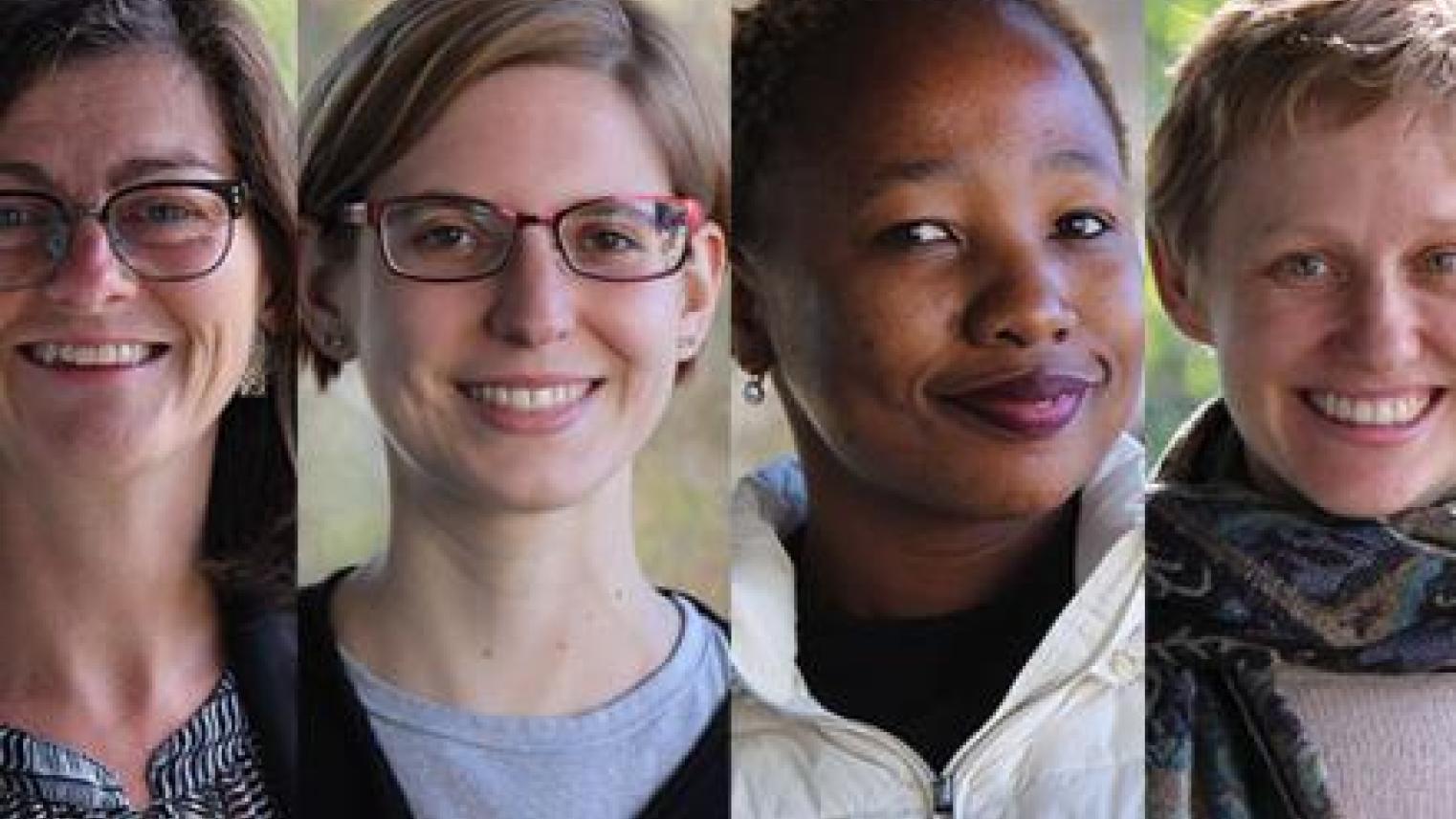RegNet scholars awarded APIP grant

We are delighted to announce that four RegNet scholars have secured funding from the Asia-Pacific Innovation Program (APIP) for the completion of the following projects:
• Dr Deborah Cleland– Project: “Introducing Justice into the UN’s Decade of Ecosystem Restoration: A Community of Practice for Research and Action”
This project will create a theoretical, empirical and policy agenda for incorporating justice into the UN’s Decade on Ecosystem Restoration “the Decade”, a 10-year plan to promote efforts to “prevent, halt and reverse the degradation of ecosystems worldwide”, beginning in 2021.
Dr Cleland commented: “This project will enable our Research Assistant Felicity Tepper to undertake additional and complementary research that is linked to our current ARC funded project and build links between our emerging community of practise around Restorative Environmental Justice and those working in the Environmental Restoration more generally.”
• Professor Sharon Friel- Project: “Disruption in the Public Interest”
Led by Professor Sharon Friel, this project will examine how to encourage, mobilise, steer and evaluate disruptions and transitions within public policy, business and community actions in the context of COVID-19 across Asia Pacific, so as to achieve positive social, health and environmental outcomes.
• Dr Yandisa Ngqangashe- Project: “Discursive frames in food marketing policy”
With this project, Dr Ngqangashe will be examining the terms used to classify nutritional attributes of food in implemented food marketing policies in order to understand the discursive framing strategies that shape food marketing policies.
“This project complements my existing work on population nutrition policies, especially food marketing” Dr Ngqangashe commented.
“We are using the APIP funds to explore a question generated by the work we are currently doing on our ARCDP project ‘Governing harmful commodities: the case of ultra-processed foods’ on different forms of power in the governance of ultra-processed food”.
• Dr Lee White – Project: “What can cities in the Asia Pacific learn from each other about implementing effective renewable energy policies?”
With this project Dr White and her collaborators at the ANU Fenner School of Environment and Society, aim to identify key actor linkages and structural barriers that shape the type of policy tools that cities use in the sustainability space, and how these linkages and barriers shape project outcomes and pathways to wider impact. The objective of this project is to produce recommendations for sustainably-inclined city governments, specifically categories of policy tools that are most likely to achieve desired outcomes in face of local linkages and barriers.
“It was very exciting to get the grant, it’s going to let us do some primary data collection to address a really interesting question. There aren’t good data sets out there on city policies, especially in the Asia-Pacific, so this kind of work always needs to start with a lot of support to collect the primary data for analysis” said Dr White.
Research at the College of Asia and the Pacific is designed to help better understand the evolving dynamics of our region and support transformative social change and serves as both a practical resource and a trusted partner for all who focus on Asia and the Pacific. The Asia-Pacific Innovation Program (APIP) aims to support research within the College of Asia and the Pacific and is awarded to projects that meet various criteria including innovation and potential for societal and/or policy impact.
If you are interested in supporting the research conducted at the ANU School of Regulation and Global Governance (RegNet), please consider making a donation to our school.